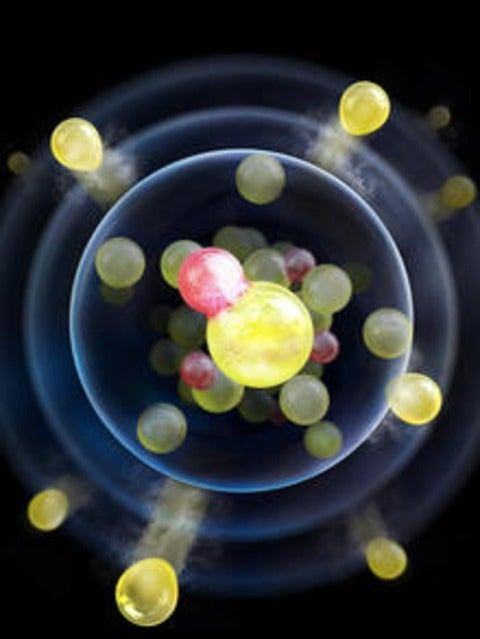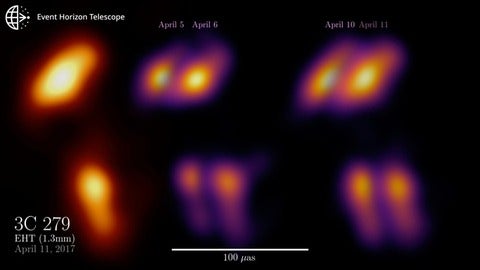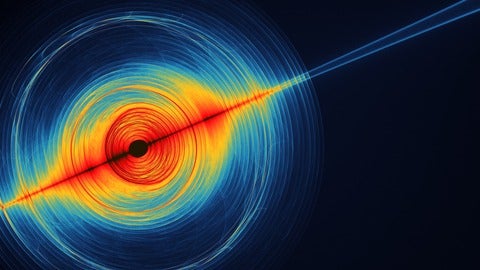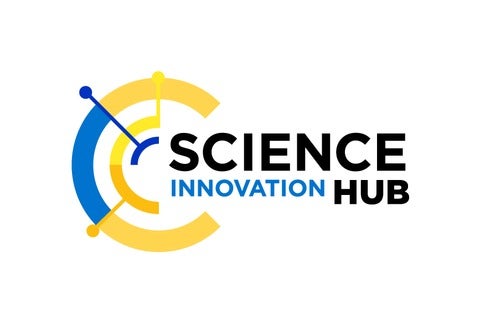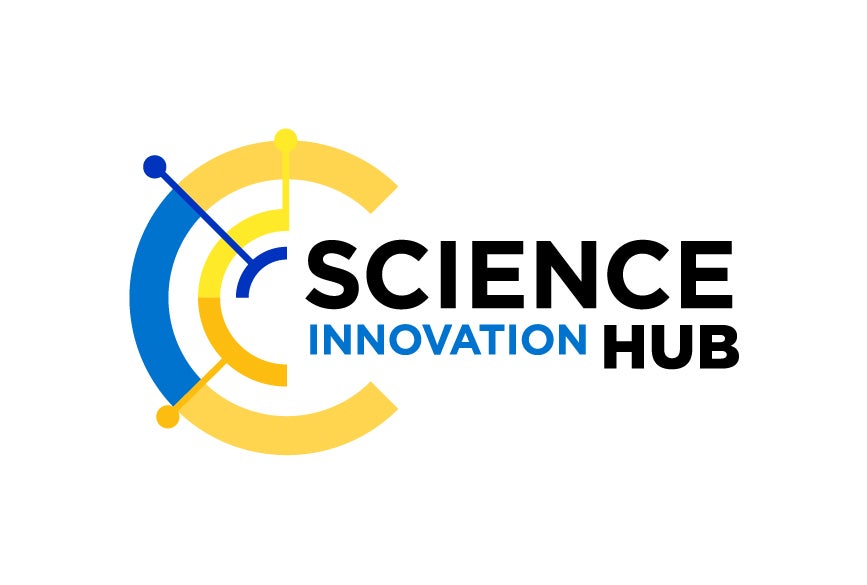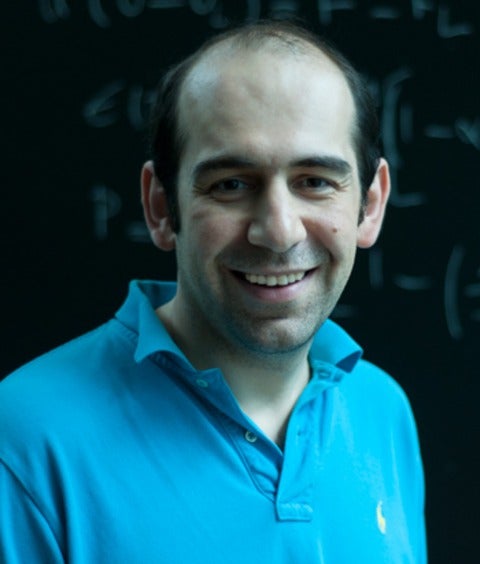Two Waterloo scientists elected as Fellows and Foreign Members of the Royal Society
Today, two prominent Waterloo scientists were among the 60 exceptional scientists selected to be Fellows and Foreign Members of the Royal Society, the United Kingdom’s national academy of sciences.
Physicist Donna Strickland and Chemist Linda Nazar were both elected for their outstanding contributions to their field and scientific understanding.
